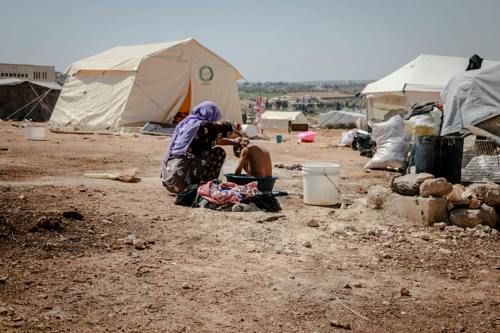History remembers those who had the courage to stand up when it mattered most. But what does moral courage look like today? In a world where it’s easier to scroll past injustice than confront it, where outrage is fleeting and taking a stand can come at a personal cost, true courage has never been more necessary—or more rare.

Throughout history, moral courage has been the force behind progress. It was the abolitionists who stood against slavery, the whistleblowers who exposed corruption, and the civil rights leaders who faced violence for demanding equality. Their actions were rarely popular in the moment, but they understood a fundamental truth: Doing what is right is not about comfort; it is about conviction.
“The only thing necessary for the triumph of evil is for good men to do nothing.” – Edmund Burke
In today's world, standing up for what is right doesn’t always mean grand acts of defiance. Sometimes, it means calling out discrimination in the workplace, defending someone who is being unfairly targeted, or refusing to be complicit in systems that harm the vulnerable. But even these small acts come at a cost—social backlash, job consequences, or strained relationships. The question is: Do we have the courage to pay that cost?
Silence, for many, feels like the safest choice. Staying out of difficult conversations, avoiding controversial issues, and maintaining neutrality can seem like a way to preserve peace. But as Desmond Tutu once said:
“If you are neutral in situations of injustice, you have chosen the side of the oppressor.”
History has shown that silence does not protect—it enables. When we ignore oppression, we allow it to thrive. When we turn away from suffering, we prolong it. The weight of injustice does not disappear because we refuse to see it; it only grows heavier for those forced to carry it alone.
Moral courage is not just for activists, politicians, or historical figures. It belongs to all of us. It is found in:
Choosing Integrity Over Convenience – In business, in leadership, and in daily life, standing by our values—even when it’s difficult—is a radical act.
Listening to the Voices We’d Rather Ignore – Engaging with perspectives that challenge our own takes courage, but it is the foundation of growth.
Speaking Up, Even When We Stand Alone – Whether it’s in a boardroom, a classroom, or a conversation with friends, refusing to stay silent in the face of injustice matters.
Turning Awareness Into Action – It is not enough to acknowledge what is wrong. Real change requires action—whether that means advocating, donating, voting, or volunteering.
We admire the leaders of the past for their courage, but today’s injustices require today’s heroes. The question is not whether moral courage is needed—it is. The question is whether we will answer that call.
The world will not change because we hoped it would. It will change because people chose to act despite their fear. The only real question left is: Will we be among them?
